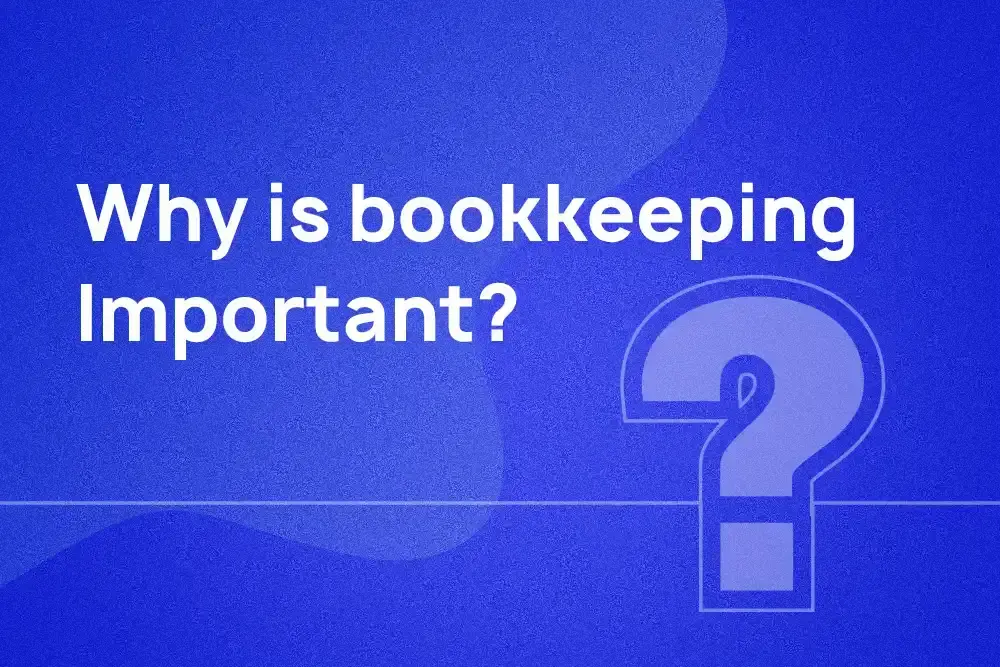Definition of Bookkeeping
Bookkeeping is the process of tracking and recording a business’s financial transactions. These business activities are recorded based on the company’s accounting principles and supporting documentation.Example of these documents include; Bills, Receipt, invoices, etc
Business transactions can be recorded by hand in a journal or an Excel spreadsheet. To make things easier, many companies opt to use bookkeeping software to keep track of their financial history.
Bookkeeping is just one facet of doing business and keeping accurate financial records. With well-managed bookkeeping, your business can closely monitor its financial capabilities and journey toward heightened profits, breakthrough growth, and deserved success.
Bookkeeping is the “backbone” of business. Bookkeeping is a necessity in every business as it helps to measure performance and track expenses for supporting a company’s financial goals. It can be used in a variety of applications such as audit trails, inventory management, time billing, and many more. The main purpose of bookkeeping is to maintain accurate financial records that provide useful information about your business and facilitate organization.v
Depending on the type and size of business, there are different methods of bookkeeping for each business ranging from, cash journal, single-entry bookkeeping, double-entry bookkeeping, and cash-based or accrual-based bookkeeping. Each method of bookkeeping works effectively when utilized properly.
5 Importance of bookkeeping
- Analysis
Bookkeeping is important because it helps with business analysis. It is a tool used by management to analyze business performance. The product of bookkeeping is financial statements. Financial statements should be regularly generated and used for analysis. While analyzing financial statements, you can track your cash inflows and outflows.
Bookkeeping gives you information on which business lines are working or not working. This type of analysis allows you to focus on your company’s strengths and improve on its weaknesses.
- Better Business Decision
With analysis comes better decision making. In order to make the best decisions possible, you need to have access to all available information. Bookkeeping provides this information. How can you expect to make profitable decisions without financial information to back it up?
- Help businesses budget accurately.
The process of budgeting may seem daunting at first, but with help from online tools, you’ll be able to set up your budget. Download the budget software and let our experts take care of the rest. Bookkeeping is important because it helps you budget. When income and expenses are properly organized, it makes it easier to review financial resources and expenses.
A budget creates a financial roadmap for your business. With a budget, you can plan for future expenses and the anticipated resources that would cover those expenses.
- Gives You Extra Peace of Mind
Unorganized books, HMRC giving you problems and those looming tax deadlines can all contribute to plenty of stress and panic. As a business owner, the last thing you want on top of your day-to-day tasks is bookkeeping issues weighing on your mind.
When your books are complete and tidy, they won’t be keeping you up at night. You can rest easy knowing that financial information is ready to be reviewed without giving you any form of anxiety. Your mind will be at ease and you can focus on other areas of your business.
- Easier to see Business Targets
Every business wants to grow, but poor financial records can stop that from happening at the speed you want. With no accurate number or data to analyze, it will not be easy to set yourself on any growth goals.
Again, guessing everything will likely get you disappointed when you do not hit the target you previously set out. By staying on top of your books and keeping regular financial records, you can map out your business goal more accurately and achieve growth.
Digital Bookkeeping
What is digital Bookkeeping?
Digital bookkeeping is the process of using either software on a computer or in the cloud to keep records of outgoing, incoming, cash flow, and anything to do with figures while running a business. But there’s more to it than that. Digital bookkeeping allows you to use available software to connect data and streamline payment processes more than ever before. Using BrandDrive’s digital bookkeeping service, business owners can keep track of their business transactions, receipts, and assets as well as manage their finances now through the app. This means that they no longer have to carry around papers or worry about keeping accurate records.
Digital Bookkeeping helps businesses track their financial transactions, such as purchases, sales, receipts, and payments. It automates all the processes related to financial record keeping, including invoicing, creating sales and purchase orders, scheduling reports, sending payment reminders, and generating bills




